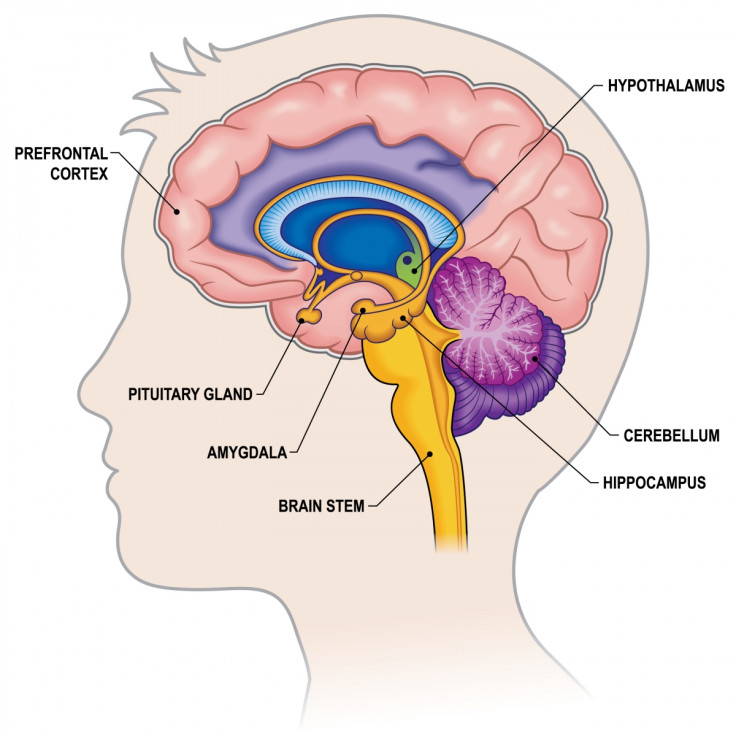Altruism triggered in humans by weakening brain activity in prefrontal cortex

Altruistic behaviours can be boosted by reducing activity in some parts of the brain. Weakening the prefrontal cortex, in particular, appears to make people more generous, scientists from UCLA say.
Their research, published in Social Neuroscience, shows that selfish behaviours can be overturned when the right triggers in people's brain are inhibited, to the point where they become willing to share money with strangers who do not need any financial help.
The team, led by neuroscientists Marco Iacoboni and Leonardo Christov-Moore, had previously published a study in Human Brain Mapping, in February 2016. In this publication, they identified parts of the brain responsible for altruism and empathy, after conducting a set of experiments on 20 volunteers.
They had concluded that those who displayed more activity in the prefrontal cortex were generally more selfish, while those who had stronger responses in part of the brain associated with perceiving pain and emotion were particularly generous.
Dictator game

In the latest study, the scientists sought to confirm the role of the prefrontal cortex in altruistic behaviours. This time, they studied 58 people and had them go through a noninvasive procedure to reduce activity in specific areas of the brain.
The researchers studied their brains thanks to fMRI scans and instructed them to play an activity called the "Dictator Game". The rules are simple: each participant receives $10 (£7) for each round of a 24-round game. Each time, they are asked to give a certain sum of money to another participant, after being told their age and their professional occupation.
Before the game started, the region of the brain responsible for sight was dampened in 20 participants, with no impact expected on altruistic behaviours. However, for the rest of the study subjects, the scientists reduced brain activity in the prefrontal cortex. They observed an increase in generosity, as these subjects gave away more money to others.
Prefrontal cortex variations
Still, the scientists noticed some behavioural variations, depending on which parts of the prefrontal cortex were affected. Participants whose dorsomedial prefrontal cortex was dampened were more generous overall. However, if only the dorsolateral prefrontal cortex was dampened, they were only generous to people with higher incomes.
"Normally, participants would have been expected to give according to need, but with that area of the brain dampened, they temporarily lost the ability for social judgments to affect their behaviour," Christov-Moore said. "By dampening this area, we believe we laid bare how altruistic each study participant naturally was."
When investigating the role of the prefrontal cortex on altruistic behaviours, the scientists discovered that it is possible to stop stingy and selfish behaviours. "The study is important proof of principle that with a noninvasive procedure you can make people behave in a more prosocial way," Iacoboni concludes.
© Copyright IBTimes 2025. All rights reserved.






















